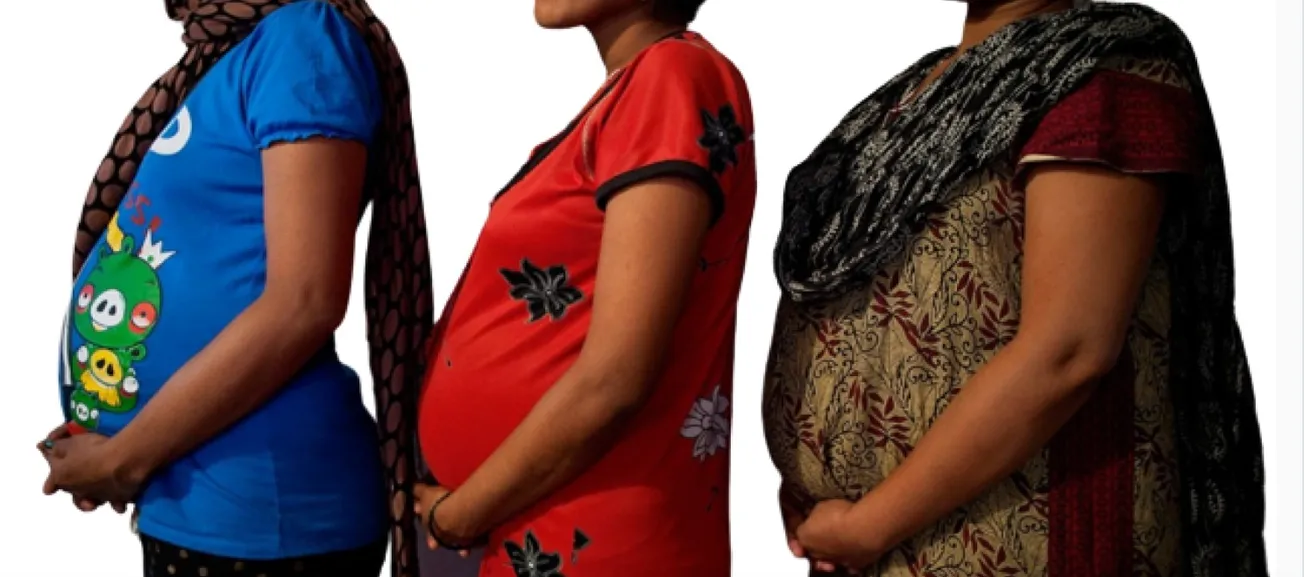Table of Contents
When does surrogacy become a commercial venture?
A recent article published in Newsroom says “The [Law Commission’s recent] report recommends amending the Human Assisted Reproductive Technology Act to allow payments to surrogates for their reasonable costs. It suggests these should include reasonable medical, travel and accommodation costs, as well as compensation for the surrogate’s loss of earnings and reasonable out-of-pocket expenses.”
To allow payments to surrogates for their reasonable costs (including compensation for the surrogate’s loss of earnings) might sound fair, but it will just be the start of a loosening of laws. If allowed to happen, this will eventually lead to full commercialisation of surrogacy.
A legal opinion by a leading public law specialist for Family First warned the following about the current bill before Parliament:
“The key difference between the Bill and the Law Commission Review is that the Bill does not specifically prescribe limits on the categories of permissible compensation. This is unlike the Law Commission review which recommends that any compensation for loss of income be capped at 3 months wages/income less any paid parental leave payments received in the same period. The Bill then goes further than the Law Commission Review by making intended parents liable for child support payments, where the intended parents refuse to take custody of the child despite a surrogacy arrangement. The sum of these differences mean that a surrogacy arrangement under the Bill is potentially more commercially beneficial for a surrogate than the recommendations in the Law Commission Review…”
“…Because the Bill is less prescriptive than the Law Commission about what constitutes reasonable expenses, there is arguably greater scope for the unintended commercialisation of surrogacy arrangements.”
When surrogacy becomes commercialised, the motives and the exploitation become even more problematic.
Note – Labour MP Tamati Coffey has been through the surrogacy process with his same-sex partner and has a private member’s bill before parliament to make changes to surrogacy laws. In 2020, Tamati Coffey and Tim Smith used the surrogacy process to become parents to a baby boy.









